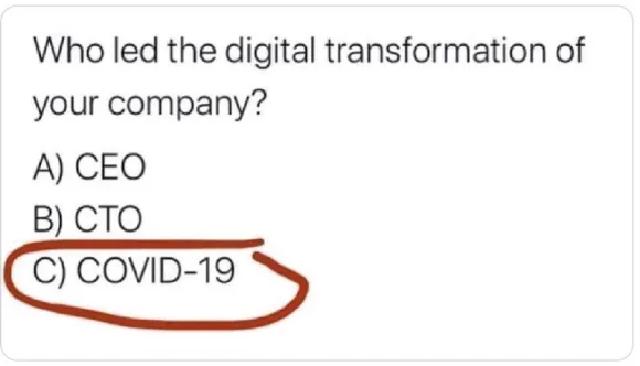The Great Resignation and What You Can Do About It
You have to have some sympathy for companies trying to feel their way through the new business realities we see post-covid. Few companies really spent time thinking about what a future might look like after the pandemic, busy trying to stay afloat or dealing with the increase in business from lockdown. And if anything has changed emerging from covid, it’s workers’ expectations of employment.
